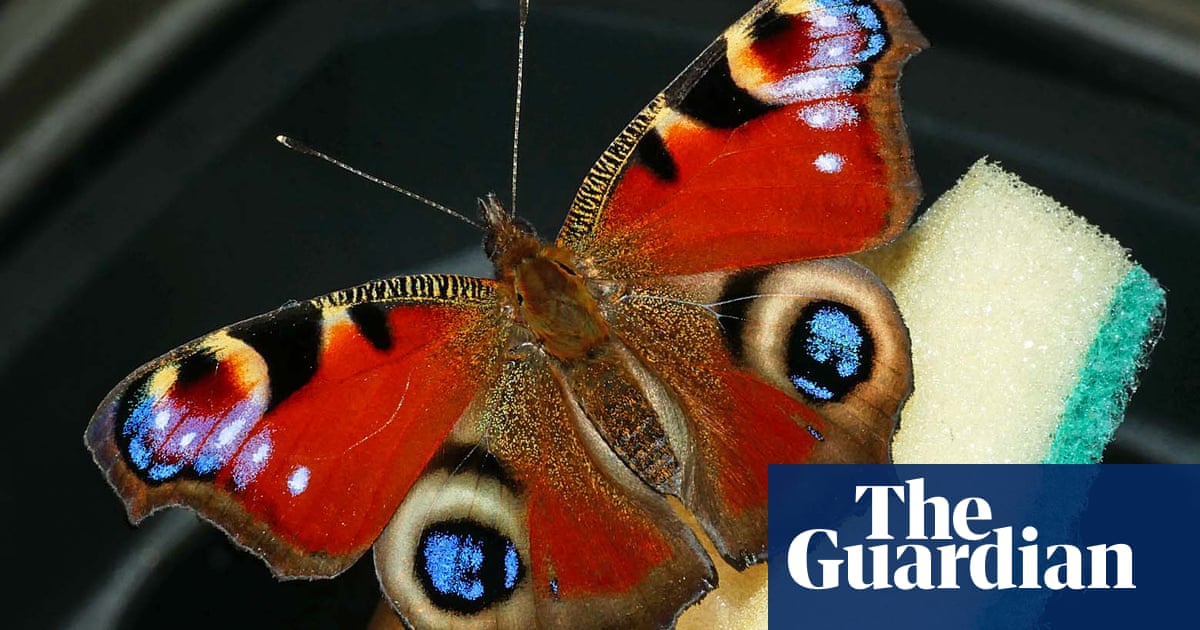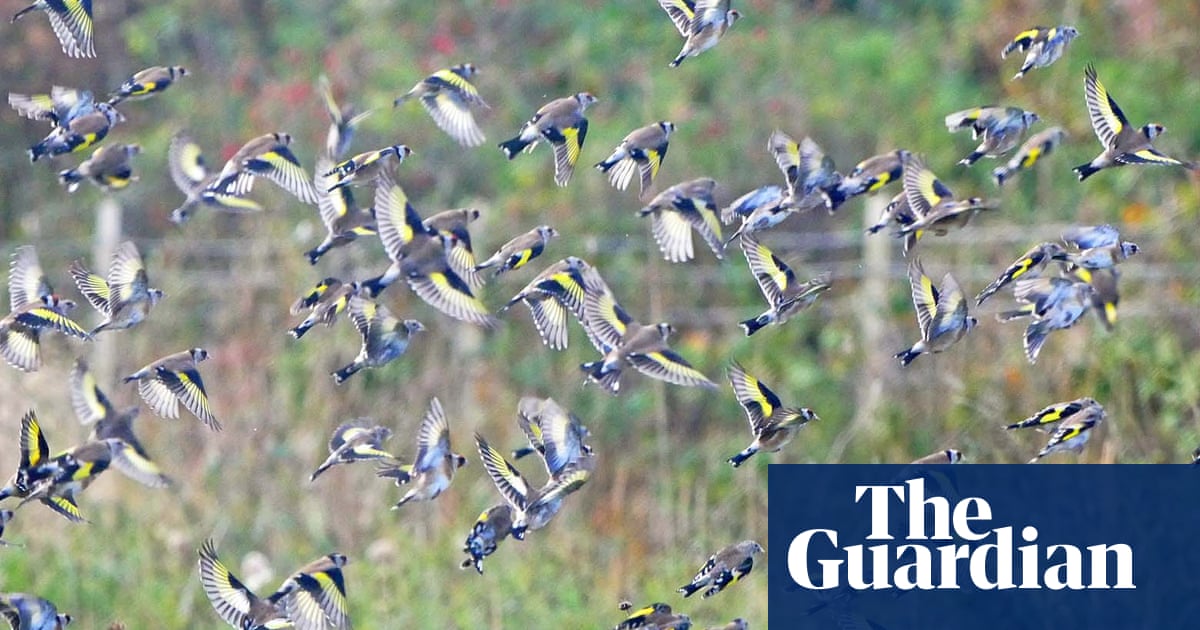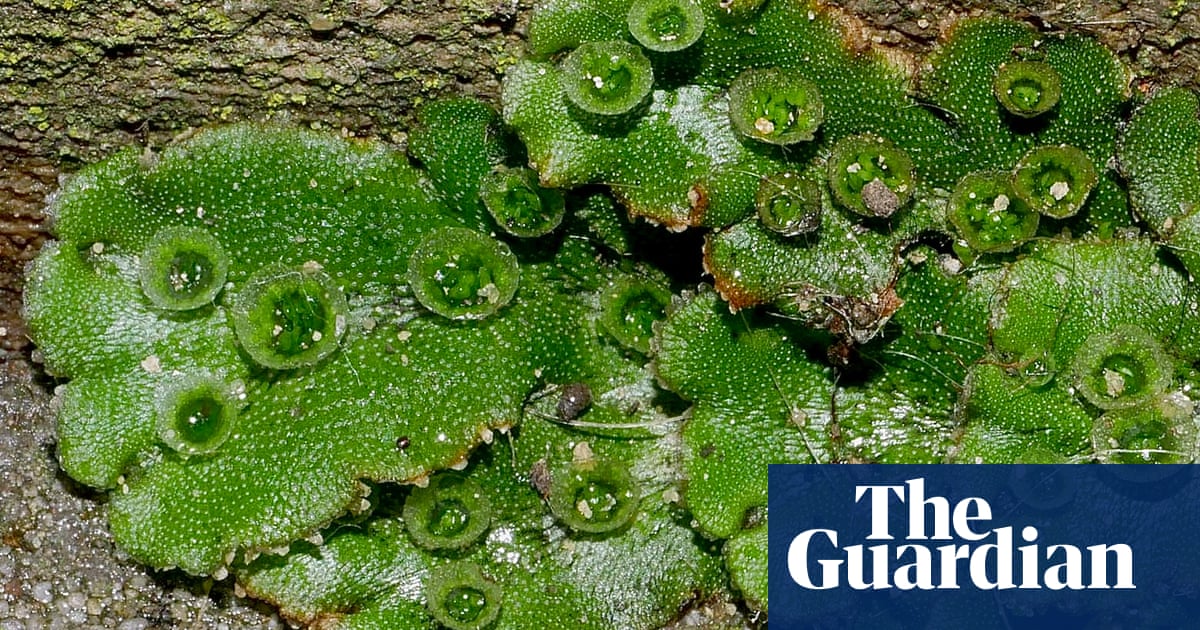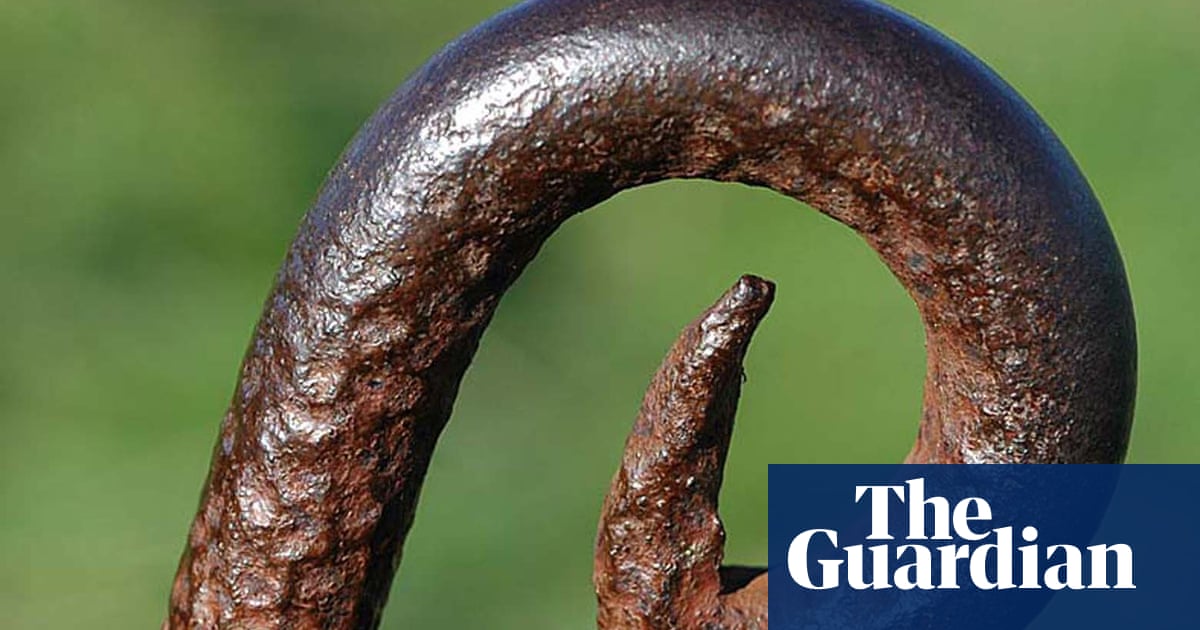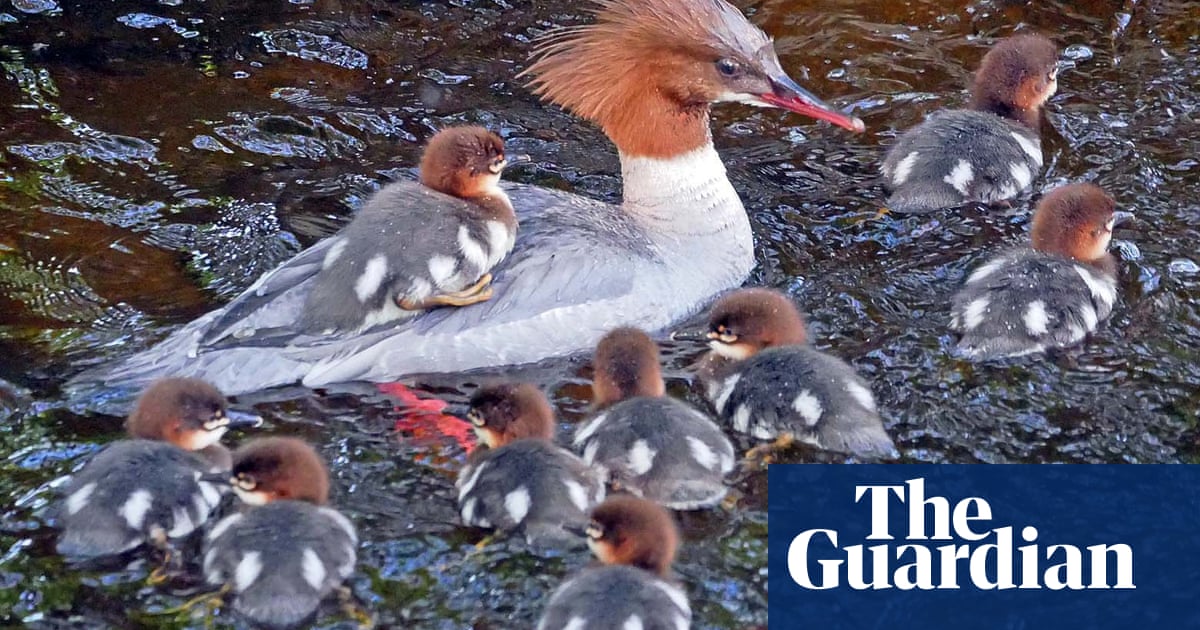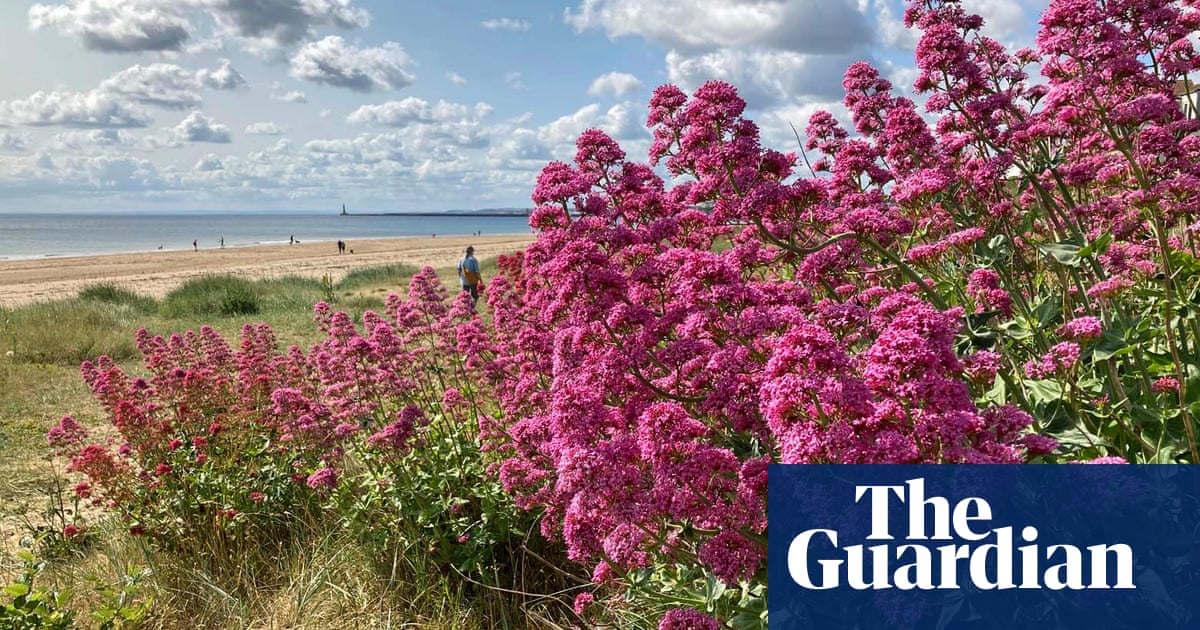
This little dune system, raised a few feet above sea level, hugs the promenade along Whitburn beach, tapering away into bare sand where high spring tides lap against the seawall. It’s a treasured local wildlife site, the only dune habitat in the borough. Meandering paths, made by walkers, are testament to its popularity. One section is temporarily enclosed in a chestnut paling fence, to allow local rarities such as small-flowered cranesbill to recover from excessive footfall.
It’s home to signature plants of sand dune communities. There’s sea rocket, whose pale mauve flowers produce inflated pods that act as seed lifeboats, carrying them on coastal currents until they make landfall on a strandline. Frosted orache, with grey-green foliage dusted with excreted salt crystals, edges dunes bound together with creeping rhizomes of toffee-coloured sand sedge and carpeted with restharrow’s pretty pink and white pea flowers. Muted pastel colours harmonising with sand, sea and sky.
But there’s a party vibe here too, thanks to a well-established international plant community that has spilled over from nearby gardens. Dunes, unstable habitats with mild winter climates, are prone to colonisation by invasive plants from warmer countries. Teacup-sized magenta flowers of Japanese roses flood the dunes with fragrance. Bizarrely, a patch of orange peel clematis, from central China, creeps across the sand, alongside a spectacular display of red valerian, a gaudy denizen of southern European shores that brings a Mediterranean flavour to this often chilly coast.
While the botanical purist in me delights at finding the needle-pointed but otherwise unspectacular shoots of native prickly saltwort here, there are plenty who appreciate the riotous display of garden flowers on the beach. A lady walking her poodles beckons to show me a seething mass of bees, meadow brown butterflies and burnet moths visiting the red valerian; nectar- and pollen-feeding insects find them irresistible.
As the climate emergency gathers pace, it’s a nailed-down certainty that invasive plants from warmer climates will increase among our native flora, sometimes displacing it. Ultimately, the North Sea is likely to be the final arbiter on the fate of this locally unique dune system; sea level rise and a tidal surge could wash it away overnight.




